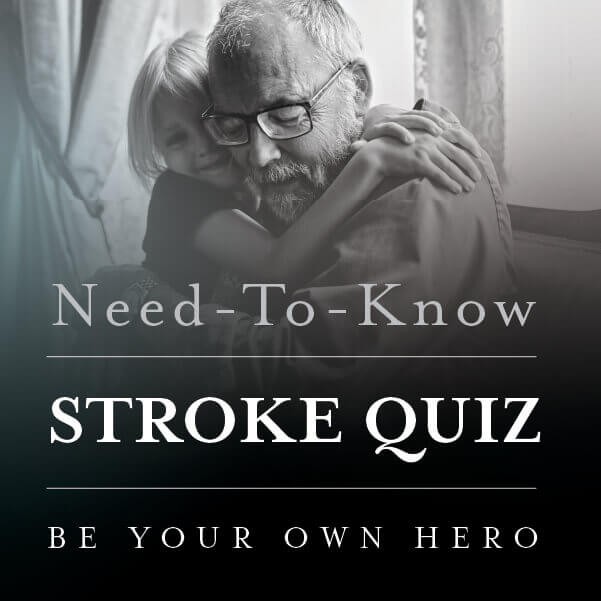
Maturewell Dementia vs. Alzheimers
As we age and take care of our maturing loved ones, recognizing the signs of dementia and Alzheimer’s becomes more important. Though often grouped together, cognitive conditions and disorders usually require different treatment plans. Understanding how to distinguish between Alzheimer’s and dementia is critical for providing proper care.
What is Dementia?
Dementia is not a disease, but a syndrome. "It’s a broader term used to describe symptoms affecting cognitive functions, like memory and reasoning,” says Leena Kodali, MD, Medical Director for our MatureWell Lifestyle Center. Dementia can develop when certain brain cells are injured. This typically occurs later in life due to degenerative diseases.
Early stages of dementia can present the following symptoms:
- Inability to keep track of time /li>
- Getting lost in familiar settings
- Difficulty recalling names and faces
As dementia progresses, the symptoms grow in severity. In the most advanced cases, a person with dementia will no longer be able to care for themselves. Signs include:
- Poor hygiene
- Repetitive questioning
- Depressive or aggressive behavior
What is Alzheimer’s Disease?
Alzheimer’s disease is a progressive form of dementia. It accounts for nearly 60 to 80 percent of dementia cases, according to the Alzheimer’s Association. Though the exact cause of Alzheimer’s is unknown, early diagnosis can help slow the progression and improve quality of life.
Alzheimer’s impacts thinking and reasoning skills and may cause the following symptoms:
- Difficulty having a conversation
- Memory loss disrupting daily life
- Withdrawal from work or social activities
- Impaired judgment and decision making
- New problems with words when speaking or writing
While it often begins to manifest after age 60, Alzheimer’s can also develop in younger people.
If you or a loved one are experiencing any of the signs of dementia or Alzheimer’s, schedule an appointment to see a neurologist at St. Joseph Health and review our tips for caregivers. Dealing with a cognitive condition can be scary, but working with a caring team of doctors can give you the clarity and comfort you need to move forward. Visit St. Joseph Health’s MatureWell Lifestyle Center for resources and support.
Sources:
Alzheimer’s Association | 2018 Disease Facts and Figures
Healthline | Dementia and Alzheimer's: What Are the Differences?
Healthline | Everything You Need to Know About Alzheimer’s Disease
Find a Doctor
Looking for a doctor? Perform a quick search by name or browse by specialty.

